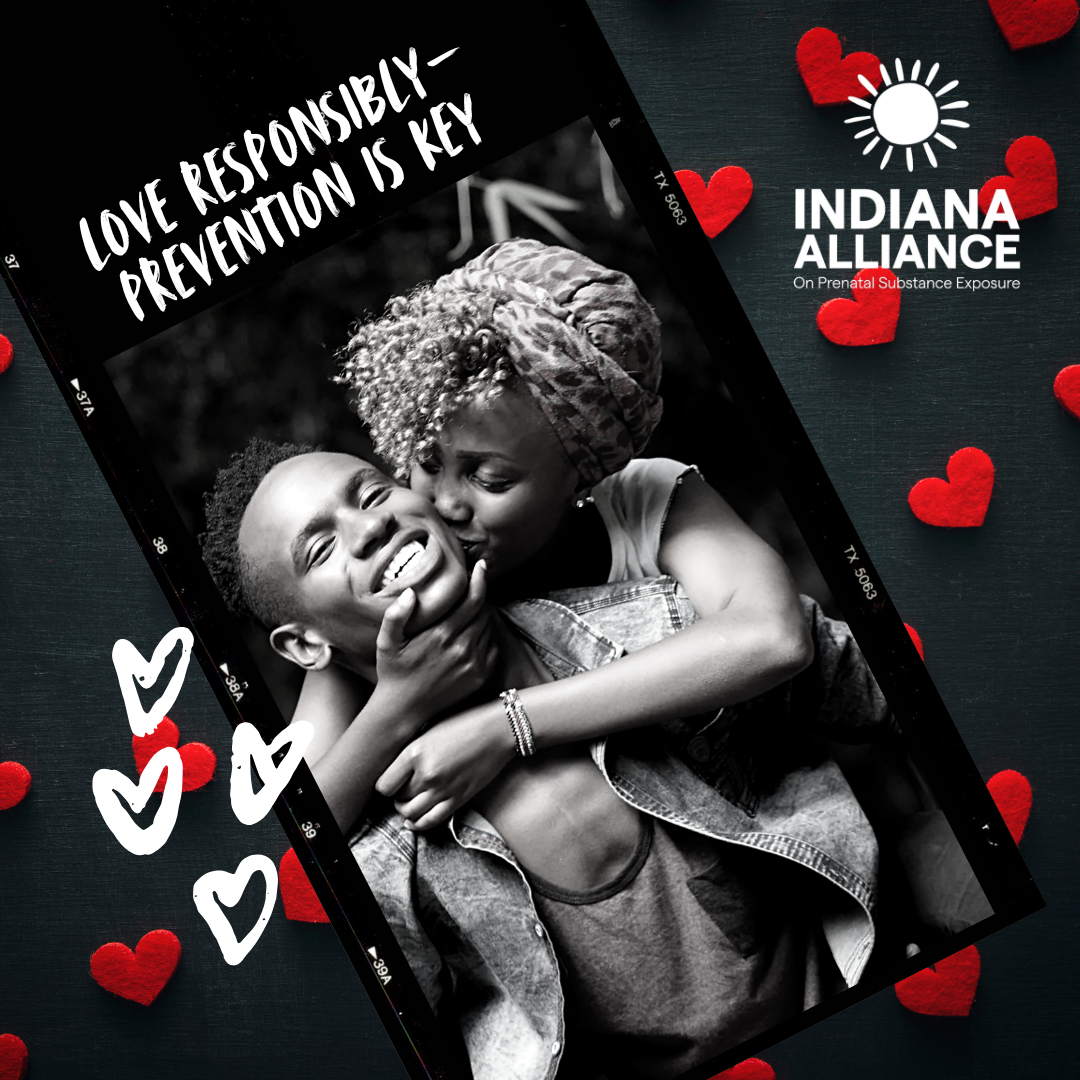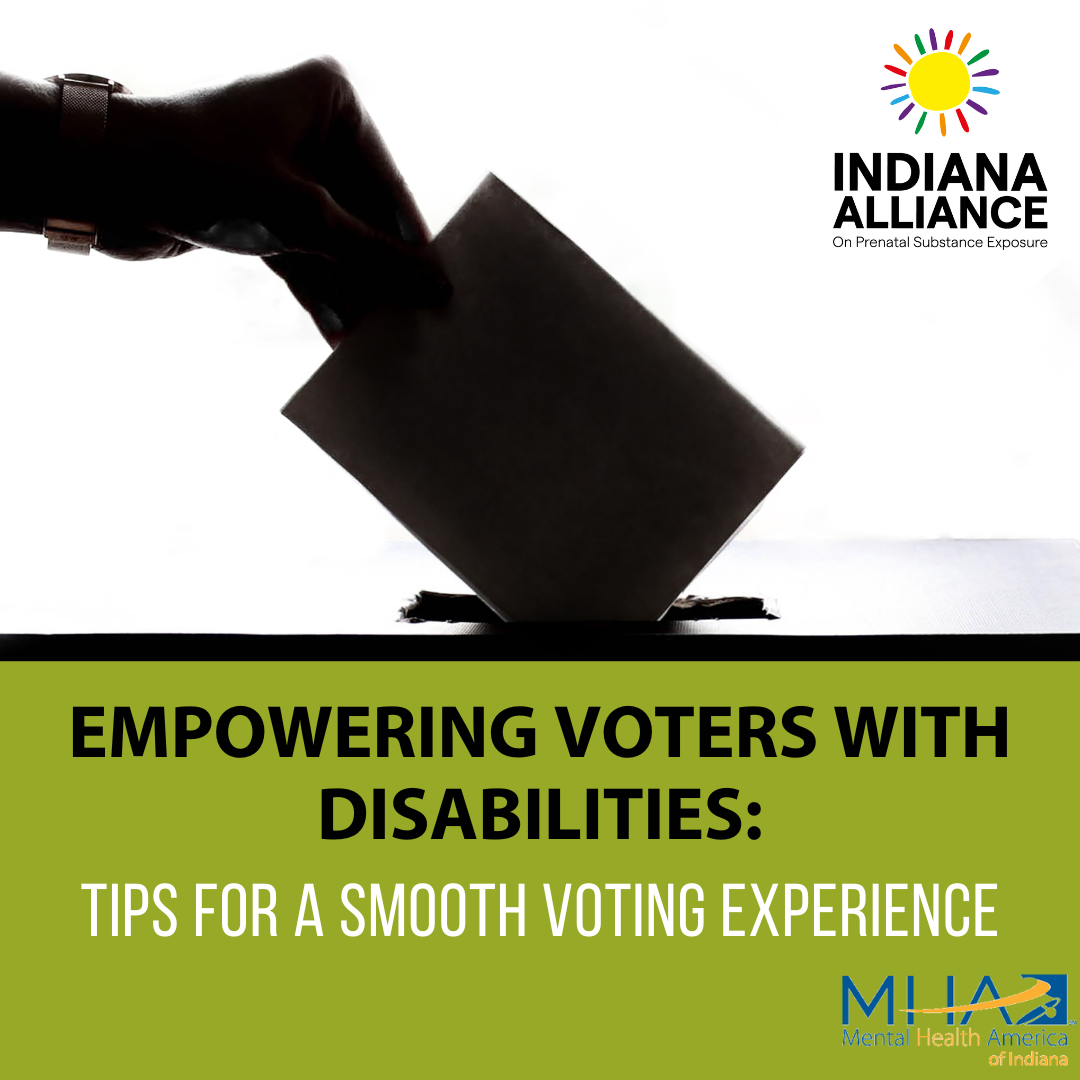
With the holidays right around the corner, we start to get excited about all the food, fun, and traditions that are passed on year to year, however, there is one day that stands out for the wrong reasons. It’s called “Blackout Wednesday”, also known as “Drinksgiving”, and has become one of the biggest drinking nights of the year. Unlike Black Friday or Cyber Monday, Blackout Wednesday isn’t a day of scoring the best deals shopping. Blackout Wednesday falls on the day before Thanksgiving and earned its name from the “blacking out” many people experience due to excessive drinking. While Blackout Wednesday might be popular among young adults or college age students, this day of “celebration” is much more dangerous than fun.
Drinking too much alcohol can have serious negative health repercussions, such as alcohol poisoning, injuries from fights or accidents, risk of unplanned pregnancy and long-term affects on mental health. Alcohol is a depressant, many folks could also have heightened feelings of depression or worry, which can be immensely tough during a holiday that promotes pleasure and appreciation.
“Blackout Wednesday” can be particularly challenging for women of reproductive age and, if pregnant, to their unborn children. While most women attempt to discontinue substance use after learning they are pregnant, half of all pregnancies are unplanned and women often do not realize they are pregnant until 4 to 6 weeks after conception. Unintended pregnancy, defined as unplanned, untimely, or unwanted, affects 51% of pregnancies in the United States. Among women with unintended pregnancies in the U.S. in 2008, 54% had not been using contraception, 41% reported using it inconsistently, and only 5% had used some contraceptive method consistently. Alcohol use in the first three months of pregnancy can cause the baby to have abnormal facial features. Growth and central nervous system problems (e.g., low birthweight, behavioral problems) can occur from alcohol use anytime during pregnancy. The baby’s brain is developing throughout pregnancy and can be affected by exposure to alcohol at any time. If pregnancy is a possibility, alcohol consumption is not safe. If you’re interested in learning more about contraception options – click here.
Even for those who think they don’t have an issue, binge drinking and blacking out can be a sign of a bigger problem. If you or someone you love is misusing alcohol, you’re not alone. Indiana Alliance has resources available for your alcohol consumption.
For more information:
Get Help For Your Alcohol Consumption (or Drug Use): https://inalliancepse.org/substance-pregnancy/addiction-treatment/
Treatment Atlas – Indiana’s Official Addiction Treatment Locator: https://inalliancepse.org/resource/treatment-atlas-indianas-official-addiction-treatment-locator/
Prevention and Contraception: https://inalliancepse.org/substance-use-and-pregnancy/
References:
“What Is Blackout Wednesday? Staying Safe on Thanksgiving Eve.” Ria Health, https://riahealth.com/blog/what-is-blackout-wednesday/
“Beware of Blackout Wednesday.” SweetwaterNOW, https://www.sweetwaternow.com/beware-of-blackout-wednesday/
“Blackout Wednesday AKA Drinksgiving: The Hidden Danger Before Thanksgiving.” Mental Health Providers, https://mentalhealthproviders.org/addiction/blackout-wednesday/
“Substance Use in Women of Reproductive Age.” NIH, https://www.ncbi.nlm.nih.gov/pmc/articles/PMC6140056/
“Alcohol Use During Pregnancy.” CDC, https://www.cdc.gov/ncbddd/fasd/alcohol-use.html
“The Four Stages of Alcoholism.” American Addiction Centers, https://alcohol.org/alcoholism-types/stages/







